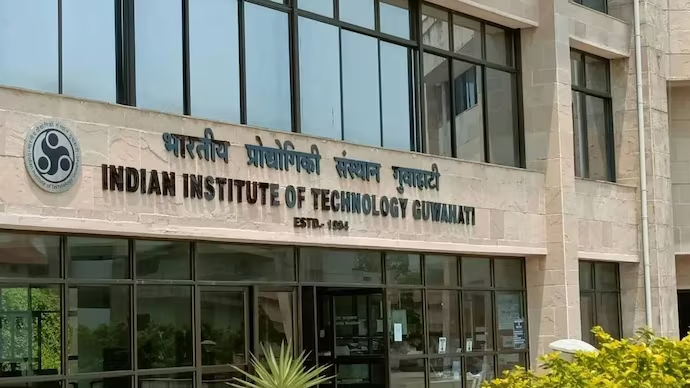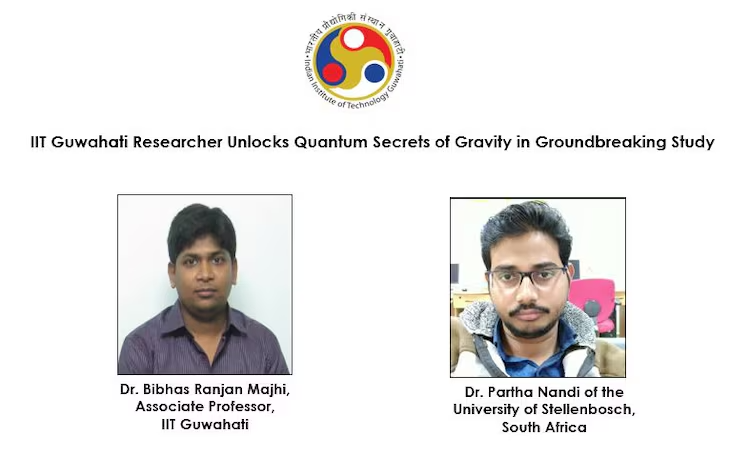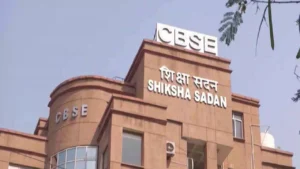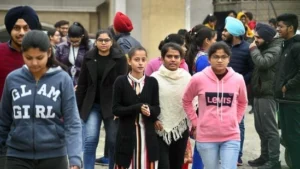IIT Guwahati unlocks quantum secrets of gravity in groundbreaking study

The research, led by Dr Bibhas Ranjan Majhi, Associate Professor, Department of Physics at IIT Guwahati, and Dr Partha Nandi of the University of Stellenbosch, South Africa, focuses on gravity-induced entanglement (GIE). Their work aims to understand how gravity behaves at incredibly small scales, such as those of atoms and subatomic particles, where existing theories start to unravel.
Researchers from the Indian Institute of Technology Guwahati (IIT Guwahati) and the University of Stellenbosch, South Africa, in a collaboration, made some interesting findings on the quantum nature of gravity.
The research, led by Dr Bibhas Ranjan Majhi, Associate Professor, Department of Physics at IIT Guwahati, and Dr Partha Nandi of the University of Stellenbosch, South Africa, focuses on gravity-induced entanglement (GIE). The findings of this research have been published in the Physics Letters B journal.
The research aims to understand how gravity behaves at incredibly small scales, such as those of atoms and subatomic particles, where existing theories start to unravel.
Dr Majhi and Dr Nandi’s research takes an approach of studying how gravity might lead to entanglement, a phenomenon in quantum mechanics where two particles become linked, such that the state of one affects the other, regardless of the distance between them. The concept of gravity-induced entanglement proposes that under certain conditions, gravitational forces may create this quantum connection, revealing a quantum aspect of gravity, mentioned the press release.
“We have developed a theoretical framework that connects a two-dimensional quantum harmonic oscillator with gravitational waves—ripples in space-time caused by massive objects like black holes. This approach bypasses the limitations of classical communication methods and explores whether quantized gravitational waves can induce entanglement. Our findings show that while classical gravitational waves do not generate entanglement, the quantum version of these waves does, at the second order of gravitational perturbation,” said Dr Majhi.
If gravity-induced entanglement can be detected using gravitational wave detectors, it could provide the first evidence that gravity operates at a quantum level. Such a discovery could unlock other cosmic mysteries, such as the nature of dark matter and dark energy — two enigmatic components that make up most of the universe but are still poorly understood, informed IIT Guwahati.
Physics currently operates under two separate frameworks. Albert Einstein’s general relativity explains how gravity works for massive objects like planets and stars, describing gravity as the curvature of space and time around these objects. On the other hand, quantum mechanics governs the behaviour of particles on the atomic and subatomic levels. While both theories excel in their respective domains, they fail to align when it comes to explaining how gravity functions at the quantum level. This disconnect has left a significant gap in our understanding, one that researchers hope to address through the pursuit of quantum gravity.
Dr Majhi and Dr Nandi’s research takes an innovative approach by studying how gravity might lead to entanglement, a phenomenon in quantum mechanics where two particles become linked, such that the state of one affects the other, regardless of the distance between them. The concept of gravity-induced entanglement proposes that under certain conditions, gravitational forces may create this quantum connection, revealing a quantum aspect of gravity.
Discussing the research, Dr Majhi explained, “We have developed a theoretical framework that connects a two-dimensional quantum harmonic oscillator with gravitational waves—ripples in space-time caused by massive objects like black holes. This approach bypasses the limitations of classical communication methods and explores whether quantised gravitational waves can induce entanglement. Our findings show that while classical gravitational waves do not generate entanglement, the quantum version of these waves does, at the second order of gravitational perturbation.”
This research has far-reaching implications. If gravity-induced entanglement can be detected using gravitational wave detectors, it could provide the first evidence that gravity operates at a quantum level. Such a discovery could unlock other cosmic mysteries, such as the nature of dark matter and dark energy — two enigmatic components that make up most of the universe but are still poorly understood.

With Thanks Reference to:https://www.indiatoday.in/education-today/news/story/iit-guwahati-unlocks-quantum-secrets-of-gravity-in-groundbreaking-study-2602012-2024-09-18 and https://www.msn.com/en-in/news/other/iit-guwahati-researcher-unlocks-quantum-secrets-of-gravity-in-a-joint-study/ar-AA1qLHHd?ocid=BingNewsSerp







